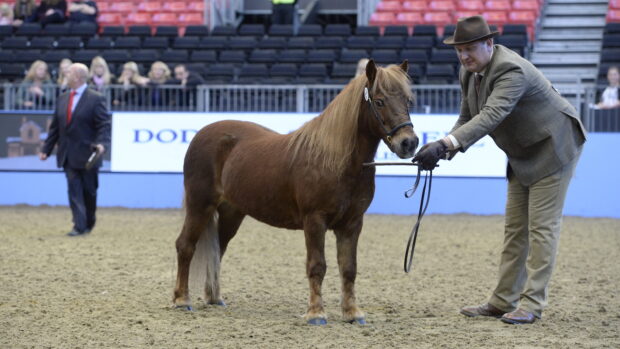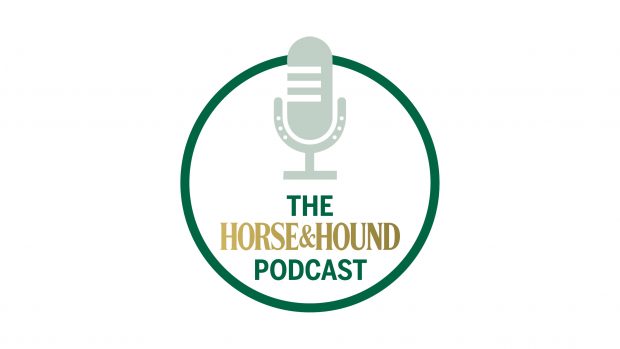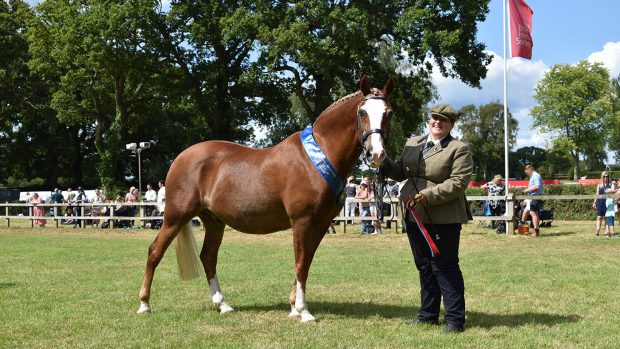This is the time of year when most horses and ponies are likely to be looking their sleekest and fattest. For many owners, especially those with native ponies or cobs, it is a continuous struggle to prevent that bit of roundness from merging into obesity.
For others, however, there comes the realisation that their horse or pony is not, as in previous years perhaps, well covered and rotund. Instead it may be looking slightly lean, despite a seemingly plentiful supply of food. Some may even be visibly losing weight when they should be putting it on. Why should this be?
It is no coincidence that this scenario is more prevalent among older horses and, as the percentage of geriatrics within the general horse population continues to rise, we are likely to see increasing numbers of summer “skinny minnies”.
To establish a possible reason for this failure to thrive, especially in the absence of any other specific signs, owners first need to consider their general management.
Diet
- Is the “thin” horse receiving sufficient food for the work expected of him/her?
- Is it the wrong type of food?
- Is there always plenty of clean water available?
It is sometimes possible to overestimate the nutritional value of grass alone, and many equines, especially those with Thoroughbred blood or of more advanced years, will need supplementary forage and concentrates throughout the year, not just during the winter.
On the flipside are the natural “good doers” who live under the constant threat of laminitis. Many owners, in an understandable state of paranoia, take “starving their animals” too far. Ponies simply cannot exist on soil alone!
Internal parasites and teeth
“Common things occur commonly”, and worms and bad teeth remain two of the most frequently encountered reasons for a failure to thrive. Your vet should be able to advise you on the best worming regime for your set of circumstances, and all horses should be checked regularly by a reputable EDT (equine dental technician) or vet, even if they don’t appear to be having trouble eating.
Psychological factors
More is being understood about our horses’ behaviour and instincts — and it would appear perfectly feasible for a horse or pony to fail to thrive simply because of a continuous low level of stress or anxiety. Is a field companion constantly bullying him, or are his/her hormones running riot? Does the combination of summer heat and persistent flies drive him mad? Is his heavy competition schedule too much for him to handle mentally?
Often a few management changes, such as the purchase of an effective anti-bug rug or separation of argumentative field companions, are all that are needed.
Things to consider
- Is he lean and “well” (shiny coat, bright eyes, etc) or is he lean and “unwell” (dull, staring coat and depressed demeanour)?
- Is he eating enthusiastically or is he uninterested in food?
- Is he having trouble eating (food spilling out of his mouth, balls of semi-chewed grass lying about)?
- Is he drinking excessively? Or very little?
- Does he have sloppy droppings or even diarrhoea?
- Does he appear to be in any pain?
If the above points have already been addressed, it may be time to consult your vet. There are a number of clinical conditions that can result in a subtle, insidious weight loss in an otherwise “well” animal. Although making an absolute diagnosis is frustratingly difficult, in many cases it is a combination of factors that tip the balance.
Clinical reasons
- Any major organ disease; for example, liver, kidney or heart failure
- Chronic conditions of the alimentary tract; for example, gastric ulceration, parasitism, chronic grass sickness, conditions causing malabsorption and maldigestion, such as lymphosarcoma of the gut, or granulomatous bowel disease (similar to human Crohn’s disease)
- Any chronic infection, such as peritonitis or strangles abscesses
- Cushing’s disease
- Anything causing persistent low-grade pain, such as subtle bilateral forelimb lameness.
Your vet will take a detailed history, before performing a thorough clinical examination and almost certainly taking blood samples for initial screening. It may also be necessary to use additional diagnostic techniques such as gastroscopy, ultrasonography, laparoscopy and intestinal biopsies.
In many cases, no specific reason can be established to account for the lack of condition. Some geriatrics, for example, seem to plateau out at a weight 50-100kg below their previous “norm”. This is despite every effort to beef them up and all investigative techniques indicating that their internal organs are functioning just fine. This may be nature’s way of ensuring elderly limbs and stiff old joints are not required to carry quite so much weight, so is perhaps an advantage.
Any weight loss should always be noted and acted on. It is unwise to rely on the autumn flush of grass to fill out a horse, especially if the spring grass has already failed to do this. If an animal is already lean going into the winter, it is certainly going to be a struggle to prevent it from becoming even thinner during the course of the cold, dark months.




